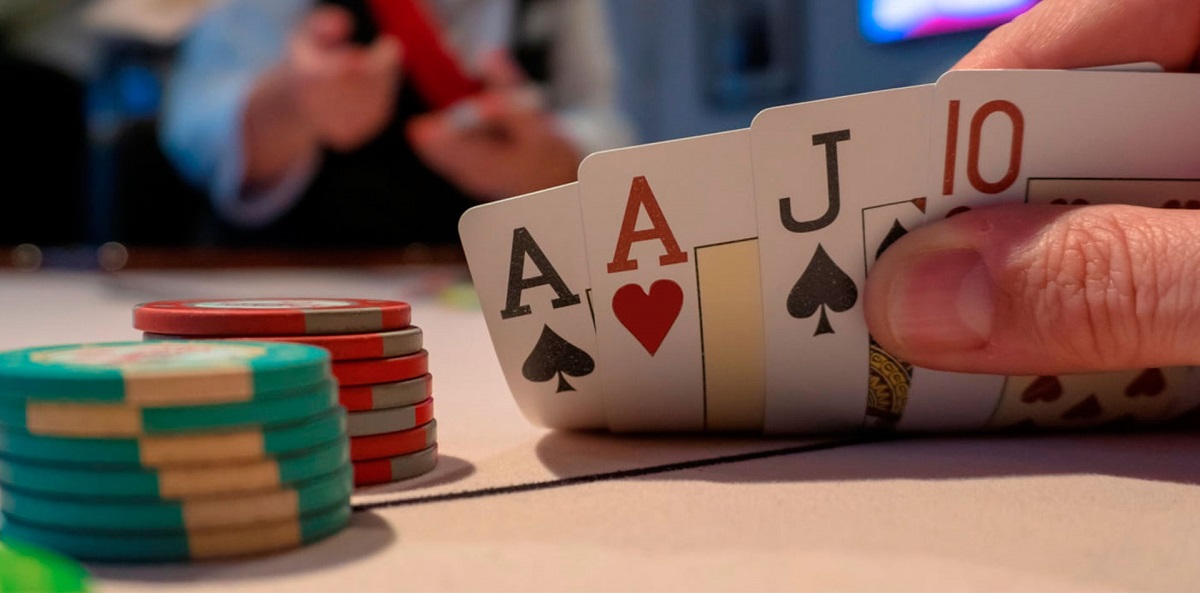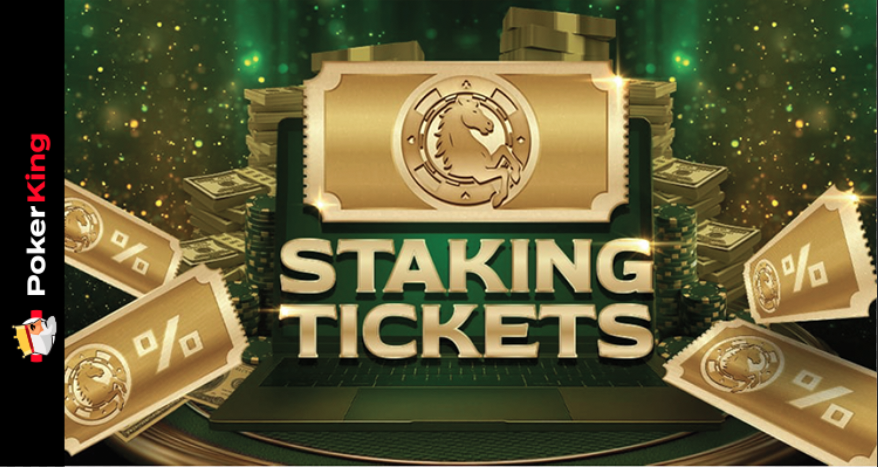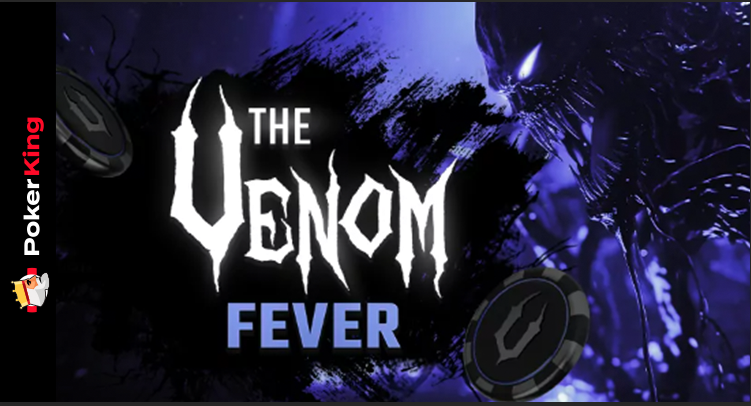

Starting hands in Omaha

Although many players start playing online
poker in No Limit Hold'em, many are looking to make the jump to Omaha. In this
variant, where the management of the pots and bankroll are fundamental aspects
in order not to lose the accumulated money, the best hands are not always AA**
and KK**. In Texas Hold'em it is common to get used to accumulate KK and AA
preflop in any situation, something that in Omaha can be a mistake.
In the Omaha poker variant, the winning hands
can be different. Keep in mind that here we are dealt four cards, not two, and
it can be risky to accumulate KK** cards.
The best starting hands in
Omaha
In Omaha poker, the hands most likely to
succeed preflop are not the same as in Texas Hold'em. Keep in mind that here
the way of thinking is different, it has to be focused on management,
and that we play with two more cards.
That is why, in the Omaha poker variant, the
winning hands are always double suited, that is to say, they have to be paired
by flush. In order for you to know the best hands in Omaha, we have prepared a
table where you can consult, by blocks, which are the hands with the highest
probability of success in the Omaha poker modality.
|
Best hands From 1 to 10 |
Best hands From 11 to 20 |
Best hands From 21 to 30 |
|
A A K K |
K Q J T |
Q Q A K |
|
A A J T |
K K T T |
Q Q A J |
|
A A Q Q |
K K A Q |
Q Q A T |
|
A A J J |
K K A J |
Q Q K J |
|
A A T T |
K K A T |
Q Q K T |
|
A A 9 9 |
K K Q J |
Q Q J T |
|
A A x x |
K K Q T |
Q Q J 9 |
|
J T 9 8 |
K K J T |
Q Q 9 9 |
|
K K Q Q |
Q Q J J |
J J T T |
|
K K J J |
Q Q T T |
J J T 9 |
But to know if our hand is good to play preflop
it is not enough to take a look at the table: we will have to analyze other
elements that influence how good a hand can be. One of the basic concepts of
Omaha poker is that the cards all work together to form a hand, although
only two of them can actually be used to form a hand.
In reality, most experienced players take these
four cards as four possible sources of information to aim to win pots. In
addition, many of these variants can appear to be detrimental when in
fact we can take advantage of the cards in other ways to turn them into a
winning hand.
Basic concepts of Omaha
poker
There are three terms that we need to know in
depth to improve our strategic possibilities in poker: danglers, blockers
and rundowns. To understand them, it is necessary to remember one of the
basic principles of Omaha poker: winning hands are obtained when all four cards
work together.
One of the most commonly used terms in Omaha
poker is the dangler. In English, the dangler card is a low value card that
is of no help at all to the four-card hand.
A high card can help to achieve a powerful
hand, such as a three of aces or a full house. On the other hand, a low
card will not improve that hand, so it will be "hung up" because it
cannot be used for any play.
Hands with a dangler are generally quite
foldable. The exception comes when we are in a late position such as the
button, from which there is an excellent opportunity to steal the blinds.
As for the blockers, these are cards that
prevent you from being able to make a good play. Their name comes to mind,
because they are cards that block any possibility of squeezing the
possibilities of the potential hand that you could form with their help.
The blockers have the power to weaken our preflop hand, since they reduce the
chances of getting the cards we need on the table.
Finally, let's talk about rundowns. In Omaha
poker, a rundown is understood as a series of four cards of the same suit
placed in sequential order.
These cards have enormous potential in case
there are no doubled cards on the table. The principle is the same: cards work best
when they are double-suited, something that also applies to rundowns.
Other things to keep in
mind about Omaha Poker
In an Omaha poker game, the two players to
the left of the dealer make the blinds. This is to ensure that there is money
in the pot before the game begins. The first player bets the small blind
and the other bets the big blind, which, as always, is twice the small blind.
During each betting round, the game is played
based on four basic moves: check, raise, call or fold, practically universal terms in
poker. If you are very new to poker, you should know that to check is to check,
to raise is to raise, to call is to call and to fold is to fold.
The players who survive the final round of
betting move on to the showdown, the moment of the final showdown where each player shows his cards. As
the rules and common-sense dictate, the highest hand is the winner and takes
the pot. In case of a tie, the pot is divided between the players who have
matched the hand.
Now, in the Omaha form of poker there are
three ways of betting: fixed limit, no limit and pot limit. They are better
known by their English names: Fixed Limit, No Limit and Pot Limit.
Even if you are not used to the Omaha variant,
you will be familiar with these ways of betting. To begin with, in fixed limit
games the bets are equal to the big blind on the preflop and flop, although
during the turn and river they are doubled.
In no-limit games, the limit is set by the
amount of chips the player has, since he can bet them all at any time.
The minimum bet limit is the value of the big blind.
As for Pot Limit Omaha games, players can bet
the amount in the pot at any time. As in the no-limit version, the minimum
bet is equal to the big blind.
You may also like

Crypto Poker: Is This the Future of Online Gaming?
Crypto Poker: Is This the Future of Online Gaming?The Rise of Crypto PokerThe use of cryptocurrencies in online poker has become an undeniable trend. More platforms are accepting Bitcoin, Ethereum,...

Poker Games Across Cultures: Discover Unique Variants
Poker Games Across Cultures: Discover Unique VariantsPoker Games Across Cultures: A Look at Lesser-Known VariantsPoker is a game that has transcended borders, evolving and adapting to the cultural...

POKER BOTS: How to detect them and beat them
POKER BOTS: How to detect them and beat them From the last ten years, bots are moving like fish in the water on the internet. We are not talking about they are showing up on chats and social media,...













